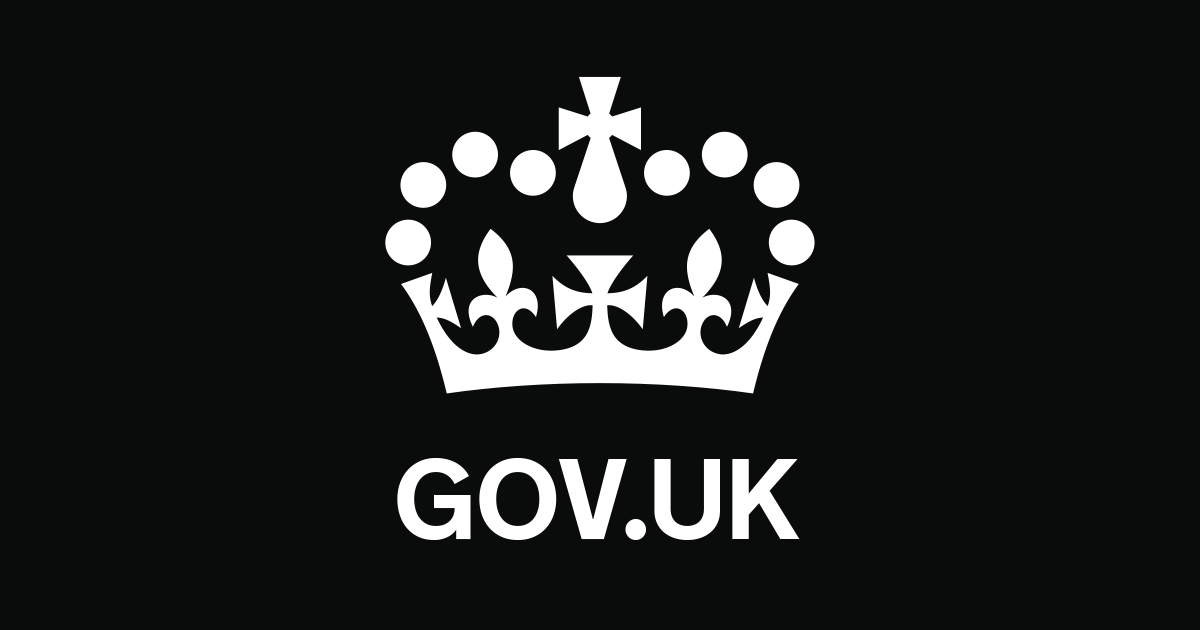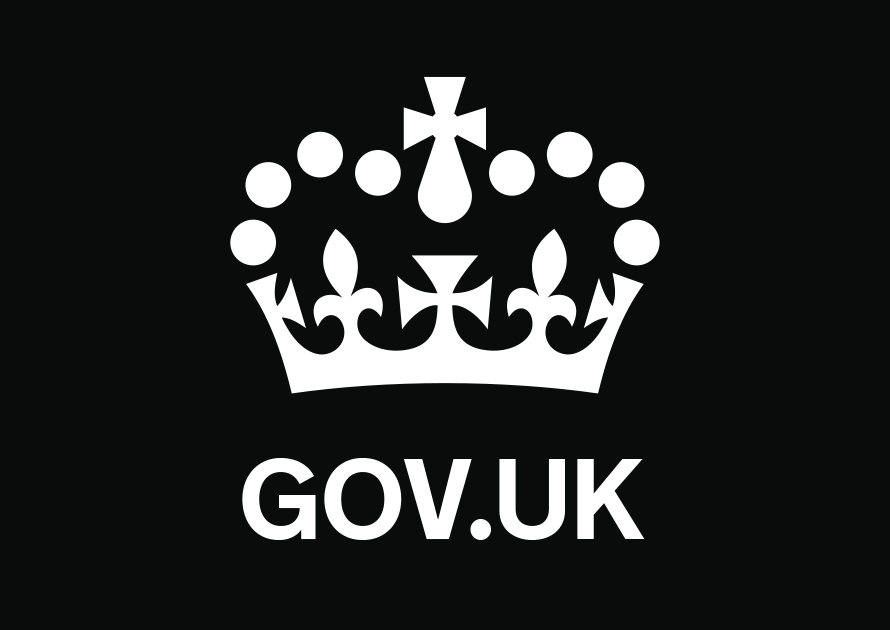Packaging exempt from the tax
There are 4 categories of packaging exempt from the tax. They are products:
- used for the immediate packaging of licensed human medicine
- permanently recorded as set aside for non-packaging use
- used as transport packaging to import multiple goods safely into the UK
- used in aircraft, ship and rail goods stores
Exempt packaging which counts towards the 10 tonne threshold for registration
Plastic packaging used for human medicinal products, and plastic packaging permanently recorded as set aside for non-packaging use, must be included when working out the total weight of packaging manufactured or imported.
Plastic packaging for human medicinal products
Plastic packaging manufactured or imported for the immediate packaging of licensed human medicinal products is not subject to Plastic Packaging Tax.
Immediate packaging is a container (or other form of packaging) that is immediately in contact with a product when it is produced.
A medicinal product is for use by people to:
- prevent or treat diseases
- restore, correct or modify a physiological function by exerting a pharmacological, immunological or metabolic action
- make a medical diagnosis
A medicinal product must be licensed by the Medicines and Healthcare Products Regulatory Agency.
You can find out more about medicinal products in the Human Medicines Regulations 2012.
Plastic packaging components permanently recorded as set aside for non-packaging use
Plastic packaging components permanently recorded as set aside to be used for something other than packaging, are not subject to Plastic Packaging Tax. For example, plastic film that will be used to coat whiteboards.
This exemption includes products that are primarily used for something other than packaging, such as film to enable the fermentation process to take place to make silage.
HMRC expect this exemption to apply to a small number of highly specialised products. You must provide clear evidence to verify any claim for this exemption.
You must record them as set aside before or as soon as they’ve been manufactured or imported, and you must keep records to show this.
Exempt packaging which does not count towards the 10 tonne threshold for registration
Plastic packaging used for transporting imported goods, and for stores on international aircraft, ship and rail journeys, does not need to be included when working out the total weight of packaging manufactured or imported.
In both cases, the exemption is determined by how the packaging is used rather than the type of packaging.
Transport packaging on imported goods
Plastic Packaging Tax is not charged on transport packaging (also known as tertiary packaging) used in the delivery of goods into the UK.
You do not need to account for it on your tax return, as long as it’s either a:
- road, rail, ship or air container
- packaging component that is used to both:
- transport multiple sales units or grouped packaging
- prevent damage during transportation
This exemption applies to transport packaging used for preventing damage during shipment to the UK.
This exemption does not apply to:
- normal packaging around a sales unit
- normal packaging around a number of sales units
- unfilled transport plastic packaging imported as an item in its own right
- packaging used to:
- prevent damage to a single good on import
- transport goods within the UK
- transport goods out of the UK
Find examples of transport packaging used to import goods into the UK.
Packaging used for stores on international aircraft, ship and rail journeys
Plastic Packaging Tax is not charged on packaging products that are used in stores for international journeys. These can be stores on aircraft, ship or railway vehicles.
If the plastic packaging is subsequently imported (removed from stores and released into the UK) the import will have to be recorded, along with the weight and recycled content of the packaging.
Find more information about what are classed as stores.
Packaging excluded from the tax
There are 3 types of products excluded from the tax. These do not need to be included when working out the total weight of packaging manufactured or imported.
They are products which are deigned to be:
- used in the long-term storage of goods
- an integral part of the goods
- reused for the presentation of goods
Plastic packaging designed to be used for the long-term storage of goods
Plastic packaging with the primary use of storing goods long-term, is not subject to Plastic Packaging Tax and you do not need to account for it on your tax return.
This packaging is designed:
- as suitable to be filled when the goods it’s designed to contain are sold
- as suitable to be re-used for the storage of the same or similar goods
- so that its packaging function is secondary to its storage function
Examples include:
- toolboxes
- first aid boxes
- earphone or earbud cases
Find more examples of packaging designed to be used for long-term storage of goods.
This exemption does not apply to any packaging designed with the expectation of being discarded after the goods contained in the packaging at the time of sale have perished or been consumed.
Plastic packaging designed to be an integral part of the goods
Plastic packaging components which are an integral part of the goods, are not subject to Plastic Packaging Tax and you do not need to account for them on your tax return.
A packaging component is an integral part of the goods where both the:
- goods cannot reasonably be used or consumed without the component
- component is expected to be discarded once the goods (of which it is a part of) are used, consumed or discarded
Examples include:
- water cartridge filters
- printer or toner cartridges
- inhalers
Other plastic packaging in place when the product is sold, which does not stay in place while the product is used (such as a film wrap on a CD case), is still subject to the tax.
A packaging component is not an integral part of the good by virtue of performing a packaging or storage function. For example, a tray for a ready meal is not integral to the meal, as it still provides a packaging function and the food can be heated and consumed using another dish.
Find more examples of packaging which is designed to be an integral part of the goods.
Plastic packaging which is primarily designed to be reused for the presentation of goods
Plastic packaging designed for the presentation of goods to a consumer or user (that is recorded as permanently set aside for this purpose before, or as soon as, it’s manufactured or imported), is not subject to Plastic Packaging Tax and you do not need to account for it on your tax return.
Examples include:
- sales display shelf
- shop fittings
- sales presentation stand
Find more examples of packaging which is primarily designed to be reused for the presentation of goods.
Exporting plastic packaging
You can defer paying the tax for up to 12 months if the packaging is going to be exported.
Find more information about exporting plastic packaging.



